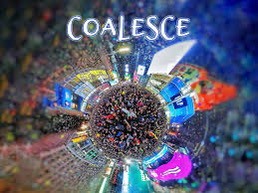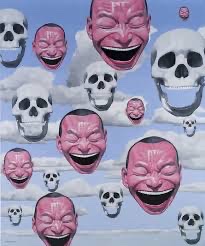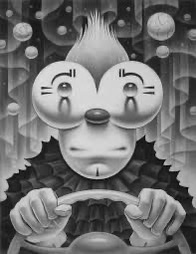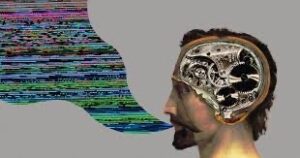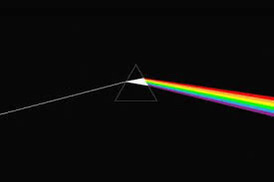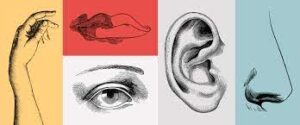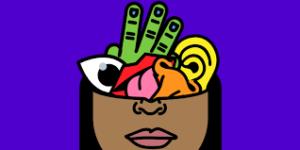In our world currently, we as a race are experiencing the disintegration of the fundamental structures that hold our societies together. It is easy for us to see this phenomenon in our Western World, for our media proclaim the disasters and upheavals within our institutions on a daily basis.

I refer to these media as the “negative media,” for obvious reasons. In a very real sense, our media shape and negatively spin the events of our world to depict the basest interpretation, appealing to the lowest aspects of humankind. Because there are very few alternative voices in our media network, the media as a whole tend to reinforce and perpetuate negative experiences in the minds of humanity.

Those of us who wish to go into the Unity of Consciousness Dimension “with our eyes wide open,” would do well to divorce oneself from all forms of negative media.
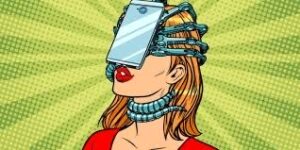
I have explained in previous blogs how the violent images and stories serve to trigger biochemical responses in our bodies, so that we are conditioned to continue watching, reading or listening. It becomes an addiction in time, so that we become “hooked” on negativity. We become hooked on the adrenaline that is released with our bodies.

Remembering what I have described concerning the activities of the Negative Entities as they seek out fear and anxiety, perhaps the blog reader can see how a daily diet of this – such as violent movies, newscasts and the like – could increasingly attract the Negative Forces, until there is not room with our mental environment for love, compassion or the human virtues.
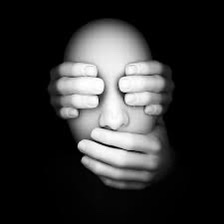
“But how,” you might say, “can I protect myself from these media if they surround me in the physical environment? They are everywhere and I must confront them every second of my life just to go out and do my job, go to school, go to church etc. etc. etc.” I appreciate your dilemma and I have an answer for you.





